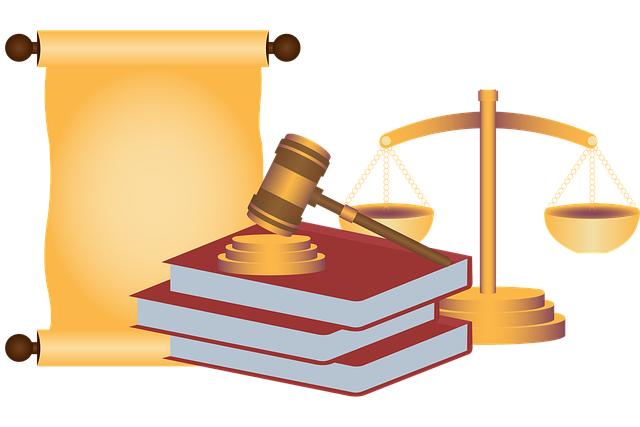Regulatory fraud laws are vital for protecting consumers, investors, and the public from deceptive practices. In complex sectors like environmental compliance, businesses must understand these laws to avoid legal battles. Non-compliance with stringent environmental regulations leads to penalties and reputational damage, especially in misrepresenting or concealing info related to environmental impact. To mitigate challenges, companies should implement robust internal controls, conduct regular audits, foster a culture of environmental responsibility, stay informed about legislative changes, and communicate effectively with stakeholders. A proactive general criminal defense strategy can significantly reduce risks associated with environmental compliance issues.
Regulatory fraud laws are a critical aspect of business operations, particularly in light of growing environmental compliance legal challenges. This article provides an in-depth look at understanding and navigating these complex regulations. We explore key considerations specific to environmental compliance, offering strategies to help businesses mitigate risks associated with regulatory fraud cases. By delving into these topics, we aim to empower companies with the knowledge needed to stay compliant and avoid costly legal pitfalls.
- Understanding Regulatory Fraud Laws: An Overview for Businesses
- Environmental Compliance as a Legal Challenge: Key Considerations
- Strategies to Navigate and Mitigate Risks in Regulatory Fraud Cases
Understanding Regulatory Fraud Laws: An Overview for Businesses

Regulatory fraud laws are designed to protect consumers, investors, and the public from deceptive practices, ensuring fair play in various industries. For businesses, especially those navigating complex sectors like environmental compliance, understanding these laws is paramount to avoiding legal challenges. Environmental regulations often come with strict guidelines that companies must adhere to, failure to do so can result in severe penalties and damage to their reputation.
One common area of concern is misrepresenting or concealing information related to environmental impact, pollution, or safety standards. Businesses must be transparent about their operations’ potential risks. Misleading statements or false reports on these matters can invite jury trials and significant financial burdens. Moreover, each respective business is responsible for ensuring it operates within the legal boundaries set by regulatory bodies, thereby fostering a culture of integrity and compliance.
Environmental Compliance as a Legal Challenge: Key Considerations

Environmental Compliance represents a significant legal challenge for businesses operating in heavily regulated sectors. With stringent regulations aimed at mitigating ecological damage, companies must navigate complex laws and guidelines to ensure adherence. Non-compliance can result in severe penalties, including hefty fines, legal actions, and reputational damage. Businesses should implement robust internal controls, conduct regular audits, and foster a culture of environmental responsibility to mitigate these challenges.
Key considerations include understanding the specific environmental regulations relevant to their operations, investing in comprehensive training for employees, and staying abreast of legislative changes. Additionally, effective communication with stakeholders—including philanthropic and political communities—can help build trust and support. While navigating these legal challenges might seem daunting, a solid general criminal defense strategy, coupled with proactive measures, can significantly reduce the risk of environmental compliance issues.
Strategies to Navigate and Mitigate Risks in Regulatory Fraud Cases

Navigating regulatory fraud cases requires a strategic approach to mitigate risks effectively. Businesses facing Environmental Compliance legal challenges should first establish robust internal controls and compliance programs. This includes implementing rigorous procedures for record-keeping, regular audits, and training employees on ethical practices and industry regulations. By fostering a culture of integrity and transparency, companies can significantly reduce the likelihood of fraud.
Additionally, engaging experienced white collar defense attorneys is vital in high-stakes cases. These legal experts can provide strategic guidance, ensuring businesses understand their rights and obligations under relevant laws. With an unprecedented track record of success in similar cases, these attorneys employ cutting-edge tactics to defend against allegations, protecting the interests of their clients while upholding the integrity of regulatory frameworks.
Regulatory fraud laws pose significant legal challenges for businesses, particularly in areas like environmental compliance. Understanding these laws, implementing robust internal controls, and fostering a culture of ethical conduct are essential strategies for navigating these complexities. By proactively addressing potential risks and staying abreast of legislative developments, businesses can effectively mitigate the consequences of regulatory non-compliance, ensuring long-term sustainability and success. Environmental compliance, in particular, demands meticulous attention to detail and a commitment to upholding legal standards, thereby fostering trust among stakeholders and promoting responsible business practices.






